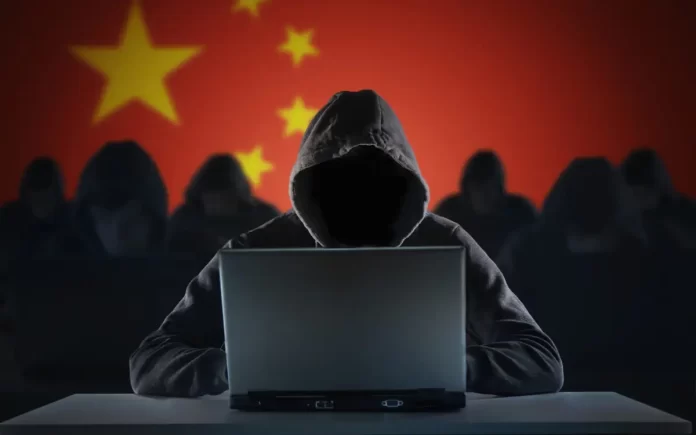London: In a coordinated move, officials from the United States and the United Kingdom have launched accusations against China, claiming its involvement in a far-reaching cyberespionage campaign that has targeted millions of individuals and organizations worldwide. At the center of these allegations is a hacking group known as Advanced Persistent Threat 31 (APT31), allegedly affiliated with China’s Ministry of State Security.
Concurrently, New Zealand has pointed fingers at state-sponsored Chinese hackers for a “malicious” cyberattack that occurred in 2021. Judith Collins, the Security Services Minister, stressed the importance of protecting sensitive government data from cyber threats.
Among the reported targets of these cyberattacks are lawmakers, academics, journalists, and government officials who have been critical of Beijing. Additionally, defense contractors and companies in sectors such as steel, energy, and apparel have found themselves in the crosshairs. Notably, even spouses of senior US officials and lawmakers were reportedly among those targeted.
Deputy US Attorney General Lisa Monaco outlined the primary objectives of the hacking operation, which include silencing critics of the Chinese government, infiltrating government institutions, and stealing trade secrets. In response, US prosecutors have unveiled an indictment against seven alleged Chinese hackers, accusing them of compromising millions of Americans’ work accounts, personal emails, online storage, and telephone call records.
Meanwhile, British officials have accused APT31 of targeting UK lawmakers critical of China, alongside another group of Chinese spies responsible for hacking Britain’s electoral watchdog, compromising data of millions in the UK.
Chinese diplomats in both the UK and the US have swiftly dismissed these allegations as baseless and malicious. Nevertheless, both countries have imposed sanctions on a firm allegedly linked to China’s Ministry of State Security, which they claim to be a front company for the hacking activity.
The US Treasury Department has announced sanctions on Wuhan Xiaoruizhi Science and Technology, along with two Chinese nationals, in response to the cyberespionage activities. FBI Director Christopher Wray condemned China’s actions, characterizing them as bold attempts to undermine US cybersecurity and target American interests and innovation.
These latest accusations add fuel to the already tense relations between Beijing and Western nations concerning cyberespionage. While Western intelligence agencies have been vocal about alleged Chinese state-backed hacking activities, China has reciprocated by accusing Western entities of similar operations.
Read More: Tragic Loss: Woman Among 5 Chinese Engineers Killed in Shangla Suicide Attack
The indictment by US prosecutors revealed several high-profile targets, including a US presidential campaign in 2020 and an American public opinion research firm during the 2018 midterm elections. John Hultquist, chief analyst for cybersecurity intelligence firm Mandiant, emphasized the significance of political organizations as targets for collecting geopolitical intelligence.
As allegations and counter-allegations continue to unfold, the global cybersecurity landscape remains fraught with challenges. Governments and cybersecurity experts stress the critical need for robust defenses against cyber threats to safeguard sensitive data and national security.



